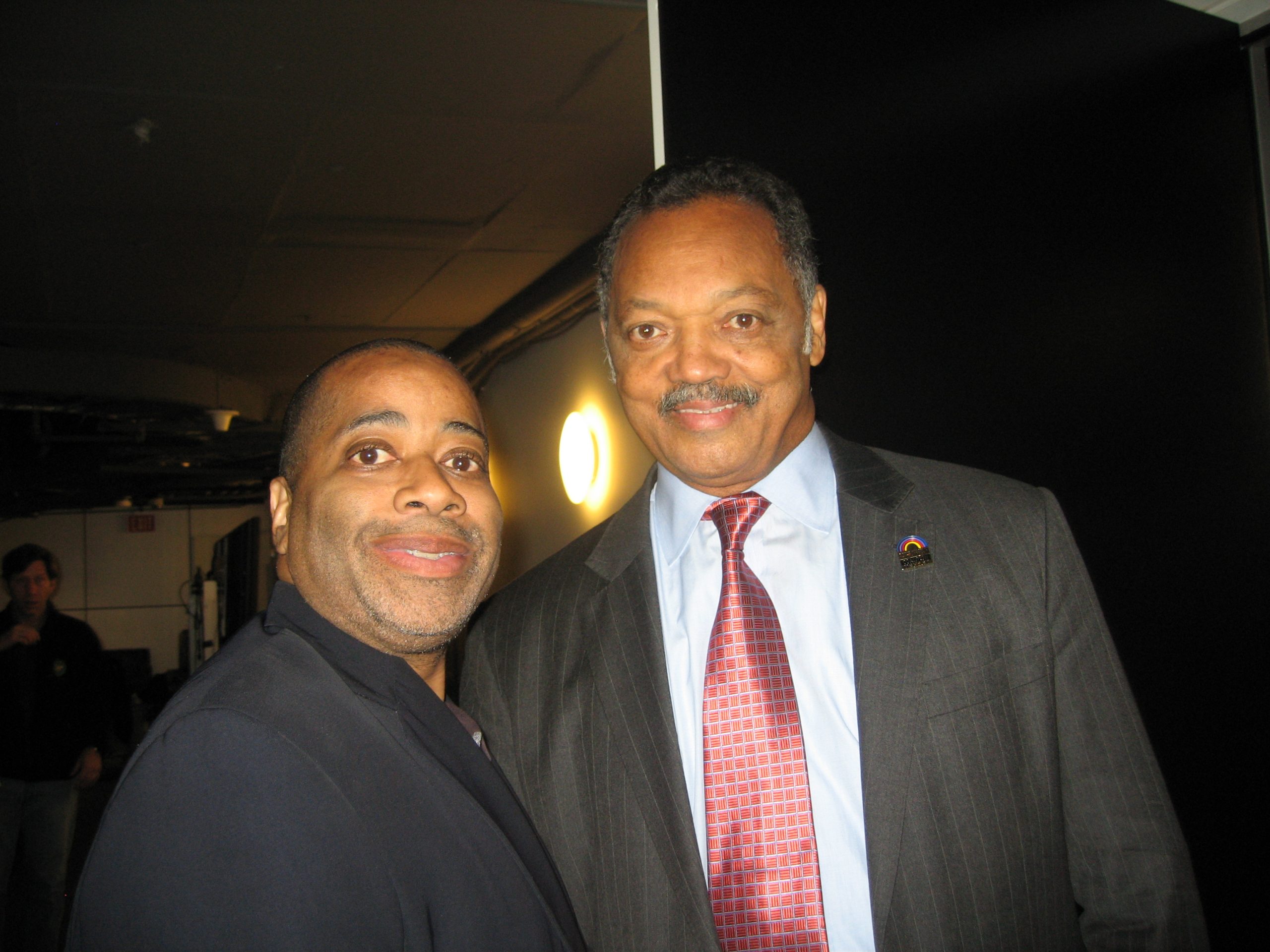(ThyBlackMan.com) Kendrick Lamar is often hailed as one of the most conscious and socially aware rappers of his generation. His music is laced with themes of racial injustice, Black empowerment, and historical awareness, making him a beacon for those who champion pro-Black ideals in hip-hop. However, recent discussions surrounding his engagement to a biracial woman have sparked controversy. Can a man truly be pro-Black while being engaged to someone who is not fully Black? Does his relationship contradict the ideology he promotes in his music? This article examines whether Kendrick Lamar’s personal life aligns with his pro-Black stance and whether the Black community should see him as a true leader.

Kendrick Lamar: The Voice of a Generation
Since bursting onto the mainstream scene with good kid, m.A.A.d city in 2012, Kendrick Lamar has positioned himself as a voice for Black struggles and triumphs. His Pulitzer Prize-winning album DAMN. and critically acclaimed To Pimp a Butterfly both tackled systemic racism, police brutality, and the historical oppression of Black Americans. Tracks like “Alright” became anthems of protest, while songs such as “The Blacker the Berry” were deep, introspective commentaries on self-hate and racial identity.
Unlike many of his peers, Kendrick has often taken a step back from typical rap bravado to focus on larger issues, making him a revered figure in intellectual and activist circles. His music, along with his persona, often embodies the ideals of Black pride and empowerment. However, is he upholding these ideals in his personal life?
The Controversy: His Engagement to a Biracial Woman
Kendrick Lamar is engaged to Whitney Alford, a woman of mixed Black and white heritage. This has raised questions within the community about whether he is truly pro-Black or simply using Black struggle as an aesthetic for his art. Many believe that being pro-Black should extend beyond music and into one’s personal relationships.
If Kendrick Lamar is as pro-Black as his lyrics suggest, should he not have chosen a fully Black woman as his life partner? Proponents of this argument point to historical figures like Malcolm X and Marcus Garvey, who emphasized the importance of Black unity, including in marriage. Some argue that a fully Black partnership strengthens the community, fosters generational wealth, and maintains cultural and racial pride. Others believe that love transcends race, and Kendrick’s personal life should not dictate his level of commitment to Black issues.
Is He Playing With the Black Community?
One of the biggest criticisms of Kendrick Lamar’s pro-Black image is the inconsistency between his rhetoric and his actions. If Kendrick questions Drake’s Blackness due to his biracial heritage, how does that align with the fact that his own fiancé is also biracial? Is there a double standard in his approach?
Drake, who has been targeted for being “not Black enough” in hip-hop, has been criticized for his Jewish heritage and perceived detachment from Black struggle. But Kendrick, who actively engages in the critique of others’ racial identities, is now being questioned about his own commitment to Blackness. Can he truly be the leader of a movement when he is seemingly contradicting the ideals he preaches?
This raises a larger question: Is Kendrick Lamar using pro-Blackness as a brand rather than a deeply ingrained philosophy? If he were truly committed to the ideology, would he not prioritize Black unity in all aspects of his life, including his relationship?
Should Kendrick Be Considered a Leader in the Black Community?
Kendrick Lamar is undoubtedly influential. His music has inspired millions, and his willingness to address uncomfortable racial issues is commendable. However, influence does not automatically equate to leadership.
True leaders of the Black community, such as Malcolm X, Dr. Martin Luther King Jr., and Marcus Garvey, dedicated their lives to the upliftment of Black people through both rhetoric and action. They did not just speak about Black issues; they actively worked to better the conditions of Black lives through political and social initiatives. Kendrick, while an artistic genius, has yet to take action beyond his music. He does not run grassroots organizations, engage in public policy efforts, or build institutions that directly benefit the Black community.
Moreover, leadership requires a level of accountability and consistency. Kendrick’s approach, while impactful in music, lacks clarity in execution when it comes to real-world Black empowerment. His personal choices contradict the ideals that some believe should be integral to a pro-Black stance. The Black community must ask whether Kendrick Lamar is a true leader or just a talented rapper who speaks on issues without fully living by them.
Kendrick Lamar’s contributions to Black consciousness in music are undeniable. His lyrics have educated, inspired, and mobilized people, and for that, he deserves respect. However, being pro-Black is not just about what you say—it is also about how you live.
His engagement to a biracial woman complicates the image of unwavering Black nationalism that his music portrays. While some argue that love knows no racial bounds, others believe that being pro-Black requires a level of consistency that extends into personal life choices.
Should Kendrick Lamar be considered a leader of the Black community? That remains debatable. If he wants to be seen as more than just a musician with powerful messages, he must ensure that his personal actions align with the ideals he champions in his art. Until then, he will remain a paradox—one of hip-hop’s greatest poets but a leader who leaves more questions than answers about his true commitment to the Black cause.
Staff Writer; Jamar Jackson

















Leave a Reply